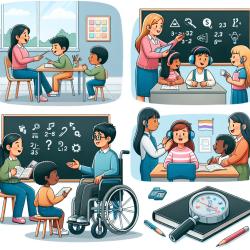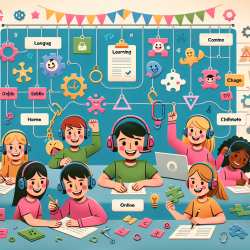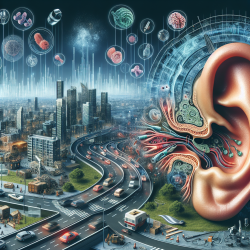In a recent study titled Efficacy of nonpharmacological interventions targeting social function in children and adults with autism spectrum disorder: A systematic review and meta-analysis, researchers evaluated the impact of various nonpharmacological interventions on social functioning in individuals with Autism Spectrum Disorder (ASD). This comprehensive analysis offers critical insights for practitioners aiming to enhance their therapeutic strategies and improve outcomes for children with ASD.
The meta-analysis incorporated data from 30 randomized controlled trials (RCTs) on acupuncture and 36 RCTs on behavioral therapy. The results indicated that both types of interventions have significant, albeit varied, effects on social functioning.
Key Findings
- Behavioral Therapies: Cognitive Behavioral Therapy (CBT), the Denver model, and social skills training showed high to moderate efficacy in improving social functioning. CBT demonstrated a standardized mean difference (SMD) of 0.42 with high certainty, while the Denver model and social skills training showed SMDs of 0.61 and 0.56, respectively, with moderate certainty.
- Acupuncture: Various forms of acupuncture, including body acupuncture and modern acupuncture technology, also improved social functioning but with lower certainty of evidence. For instance, body acupuncture showed an SMD of 0.76 with low certainty, and modern acupuncture technology showed an SMD of 0.84 with low certainty.
Implications for Practitioners
For practitioners at TinyEYE and beyond, these findings underscore the importance of incorporating evidence-based nonpharmacological interventions into treatment plans for children with ASD. Here are some actionable steps:
- Implement Behavioral Therapies: Given the high-quality evidence supporting CBT, the Denver model, and social skills training, practitioners should prioritize these interventions. These therapies not only offer immediate benefits but also have long-term positive effects on social functioning.
- Consider Acupuncture as a Complementary Therapy: While the evidence for acupuncture is of lower quality, it still shows promise as a complementary treatment. Practitioners might consider integrating acupuncture into comprehensive treatment plans, especially for patients who have not responded well to other therapies.
- Advocate for Further Research: The study highlights the need for more high-quality RCTs to better understand the efficacy of acupuncture and other emerging therapies. Practitioners should advocate for and participate in such research to continually improve treatment outcomes.
Conclusion
Behavioral therapies such as CBT, the Denver model, and social skills training have robust evidence supporting their efficacy in improving social functioning in children with ASD. Acupuncture also shows potential but requires further high-quality research. By integrating these findings into practice, practitioners can make data-driven decisions that enhance the social capabilities of children with ASD.
To read the original research paper, please follow this link: Efficacy of nonpharmacological interventions targeting social function in children and adults with autism spectrum disorder: A systematic review and meta-analysis.










